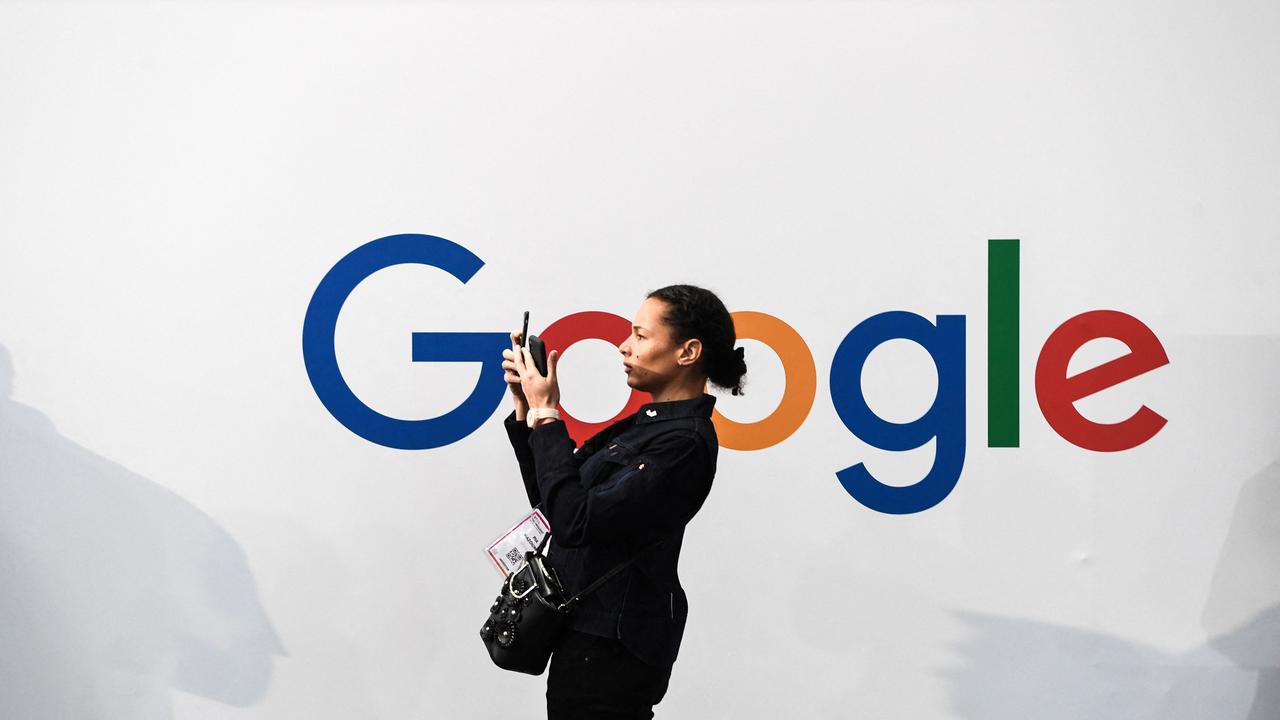Google faces tough new Aussie rule in proposed crackdown
Google could be forced to give up its position as the default search engine on mobile phones and tablets under new proposals from Australia’s antitrust watchdog.
As part of a bid to rein in the tech giant’s dominance, Australia’s antitrust watchdog has proposed Google give up its position as the default search engine on mobile phones and tablets.
In a new report on Thursday, the Australian Competition and Consumer Commission (ACCC) recommended consumers choose their default search engine – calling on Google to provide a choice screen on Android devices so they can pick alternative search engines.
The change could also be considered for Apple’s iPhones and desktop devices.
The report found that “Google continues to be the dominant search engine in Australia, with a market share of 94 per cent”.
It’s “dominance in general search engine services in Australia is extended and entrenched by the large sums of money it pays to be the default search engine on Apple’s Safari browser, its ownership of Chrome and by the pre-installation and default arrangements it has in place with competing browser suppliers and device manufacturers that use Google’s Android operating system”.
“Search engines play a critical role in the digital economy. We are concerned that Google’s dominance and its ability to use its financial resources to fund arrangements to be the default search engine on many devices and other means through which consumers access search, such as browsers, is harming competition and consumers,” ACCC Chair Rod Sims said.
“Google pays billions of dollars each year for these placements, which illustrates how being the default search engine is extremely valuable to Google’s business model.”
In a statement to Bloomberg, Google said pre-installation allows consumers to use services quickly and easily.
“People use Google search because it’s helpful, not because they have to,” the company said.
“We are continuing to review the report and look forward to discussing it with the ACCC and government.”
But Mr Sims said that consumers’ ability to select their default search engine from the get go is “critical” for them “to grow and compete against Google, but Google’s vertical integration and costly commercial arrangements have this very difficult”.
“This is likely to have stifled innovation and reduced consumer choice. It means that consumers may not be exposed to or aware of other options, such as search engines that protect users’ privacy and/or have an ecological focus, which limits the ability of these businesses to grow,” he added.
Among the ACCC’s recommendations are the power to develop and implement a mandatory search engine choice screen and that the watchdog be given “the power to develop additional measures to improve competition and consumer choice in search”.
“This may include potentially restricting dominant search engines from tying or bundling search services with other goods or services, among other measures,” it said.
The latest report is part of an ongoing investigation by the ACCC into monopolistic practices by big tech firms, having earlier this year forced both Google and Facebook to pay media companies for their content.
GlobalData principal thematic analyst Laura Petrone told Verdict: “Regulating big tech has never been so unanimous”.
“Australia is joining Europe and the US in going after digital monopolies with a focus on tackling antitrust as part of a profound overhaul of the media industry,” she said.
“The Australian regulator, for now, has only given recommendations, but the consensus over regulating antitrust issues in the digital economy is so strong worldwide that Google has little choice other than to adapt and change its practices.”
For all the latest Technology News Click Here

